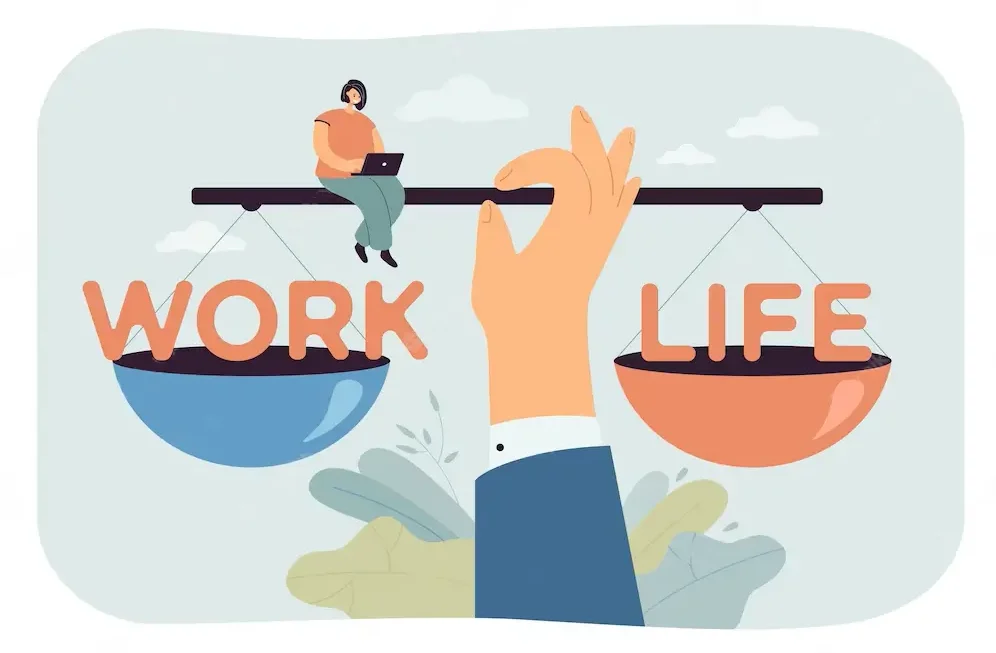Stress and Conflict Management are becoming unavoidable parts of life in today’s fast-paced and demanding environment. Stress and conflict can have a negative impact on our mental and physical health, whether it is caused by dealing with excessive work demands or negotiating difficult interpersonal relationships. We may, however, lead more balanced and meaningful lives by comprehending the underlying causes of stress and conflict and putting into practice efficient management approaches. We will examine numerous stress management techniques and LSI terms in this extensive book, giving you the knowledge and resources you need to face these difficulties with courage and resiliency.

Stress and Conflict Resolution
A healthy and peaceful living requires the ability to manage stress and conflicts. Let’s explore the fundamental ideas of stress and conflict management and how they might enhance your quality of life.
- Defining Conflict and Stress: Conflict results from conflicts or competing interests, while stress is the body’s natural reaction to challenging situations. The first step in properly managing stress and conflict is to understand what each term means.
- Stress’s Effects on Physical and Mental Health: Anxiety, depression, and cardiovascular disorders are just a few of the health concerns that can result from prolonged stress. We examine the extensive effects of mismanaged stress on the body and psyche.
- Recognizing Stress Sources: Knowing where your stress comes from allows you to take proactive action to reduce it. We offer information on typical stressors and how to lessen their effects.
- Creating Powerful Coping Techniques: Stress management relies heavily on coping strategies. We provide a variety of tactics to help you deal with stress more successfully, ranging from mindfulness exercises to relaxation techniques.
- Emotional intelligence’s role in resolving disputes: The ability to manage emotions effectively is essential for handling conflicts. Learn how recognizing emotions can help you find positive answers to difficult situations.
- Using active listening and empathy to resolve conflicts: The key to resolving conflicts is effective communication. Find common ground and cultivate the skills of active listening and empathy to strengthen your relationships.
- Striking the Right Balance Between Aggressiveness and Assertiveness: In order to effectively handle conflicts, it is crucial to understand the distinction between assertiveness and aggression. We offer suggestions for assertively expressing yourself without increasing confrontations.
- Conflict Resolution Techniques for Various Situations: Workplaces and interpersonal relationships are just two examples of the many contexts in which conflicts can occur. Investigate specialized conflict-resolution techniques for various contexts.
- Professional Conflict Resolution and Mediation: Professional mediation may help resolve disputes in specific situations. Discover the mediation procedure’s benefits for promoting amicable settlements.
- Stress management and time management: Stress levels can be considerably reduced with good time management. To assist you in setting priorities for your work and leading a balanced life, we provide time management advice.
- The Benefits of Thinking Positively: Your perspective on life can change, and positive thinking might make it easier for you to manage stress. Find out how positive thinking affects stress management.
- Mind-Body Methods for Reducing Stress: It has been demonstrated that mind-body practices like yoga and meditation can reduce stress. Investigate the science supporting these techniques and how it might help you.
Resolution of Conflict in Team Dynamics
Team conflict can impede creativity and production. Understand how to resolve disputes in a group context and promote a cooperative work atmosphere.
- Cognitive-Behavioral Therapy (CBT) for Stress Management: CBT is a highly effective method for controlling stress. We talk about its tenets and how it might reframe unfavorable mind habits.
- Conflict Resolution in Family Environments: Family disputes can be emotionally difficult. Learn how to resolve disputes within the family and promote unity and understanding.
- Striking Harmony Despite Challenges: (Work-Life Balance Reducing) stress requires finding work-life balance. We provide helpful advice on how to balance obligations and schedule time for self-care.
- Conflict-Resolution Techniques for Successful Leadership: Constructive dispute resolution is a crucial component of strong leadership. Learn the fundamentals of conflict resolution to become an effective leader in any industry.
- Managing Stress in High-Pressure Environments: High-pressure settings necessitate adaptable stress reduction methods. We exchange helpful tips for being composed and concentrated under pressure.
- Conflict Transformation: Changing Viewpoints for Resolution, In order to find original solutions, conflict transformation requires perspective changes. Learn conflict transformation techniques for long-lasting resolutions.
- Stress Reduction Strategies for Professionals and Students: Stressors are different for professionals and students. Investigate approaches for stress management that are suitable for them.
- Conflict Resolution in Cross-Cultural Contexts: Conflicts between cultures call for tact and comprehension. Find out how to negotiate cultural nuances and compromise.
- Building Resilience: Being resilient means having the capacity to recover from setbacks. Learn how to cope better with stress and conflicts by developing your resilience.
- Online Communication Conflict Resolution: Misunderstandings can happen when people communicate online. We offer advice on how to settle disputes in online conversations.
- Self-care is crucial for stress management: Self-care is crucial for stress reduction. We stress the need of practicing self-compassion and looking after your wellbeing.
- Conflict Avoidance: In conflicts, prevention is preferable to treatment. Discover how to stop disputes before they get out of hand.
Conclusion
Although stress and conflict are inevitable parts of life, they don’t have to control our happiness and wellbeing. We may traverse life’s obstacles with greater ease and lead more happy lives by becoming experts at stress and conflict management skills. Keep in mind to put self-care first, speak clearly, and approach disagreements with empathy and a willingness to find solutions that are advantageous to all parties. You can take charge of your stress and conflicts by using the methods and advice provided in this thorough manual, which will result in a life that is more harmonious and balanced.

Remember to ask for help and advice from others as you begin your road toward stress and conflict management. Reaching out for assistance can be a crucial step in overcoming obstacles, whether it be through speaking with a dependable friend, asking a mentor for guidance, or seeking the opinion of a trained therapist.
Remember that managing stress and conflicts is more about acquiring the abilities and mindset to deal with them well than it is about avoiding all stress or conflicts. Accept the chances for development and education that come from these encounters.
In conclusion, managing stress and conflict are crucial life skills that support success and general success. You may lessen the harmful effects of stress on your health and relationships by comprehending the underlying causes of stress, recognizing triggers, and putting into practice efficient coping techniques. Similarly, you can handle arguments with grace and come to fruitful conclusions by cultivating emotional intelligence, active listening, and empathy.
The work is well worth it even though mastering these talents may require some time and practice. Making an investment in stress and conflict management will benefit not just your personal life but also the relationships you have in the workplace and your leadership skills.
So, start this transformational journey today by taking the first step. Accept stress and conflict as chances for development and provide yourself with the skills necessary to handle them well. Keep in mind that you have the ability to control how you react to stress and disputes, which will result in a life that is more satisfying and peaceful.
FAQs
Q: What are chronic stress’s long-term impacts on health?
A: Numerous health concerns, such as hypertension, decreased immune systems, and digestive disorders, can be brought on by prolonged stress.
Q: How may disagreement be advantageous in some circumstances?
A: When handled well, disagreement can foster greater creativity, more effective problem-solving, and stronger interpersonal bonds.
Q: What are some effective stress-reduction strategies for working professionals?
A: Practicing mindfulness, delegating duties, and drawing boundaries between work and personal life are all beneficial for busy professionals.
Q: Can disputes be settled without the assistance of a third party?
A: Yes, disputes may frequently be settled without the need of a mediator by candid dialogue and attentive listening.
Q: Is it possible to completely eradicate stress from life?
A: While it might not be possible to completely eradicate stress, learning to manage it skillfully can greatly lessen its effects.
Q: How do interpersonal connections benefit from conflict resolution abilities?
A: Conflict resolution techniques can improve interpersonal relationships by fostering empathy, understanding, and trust.




